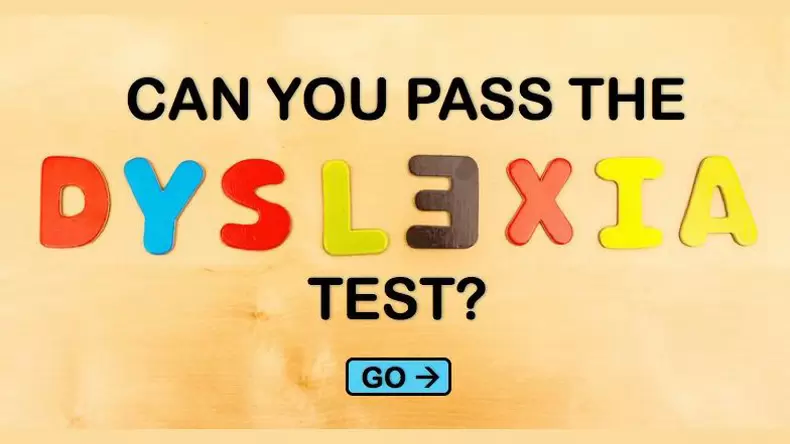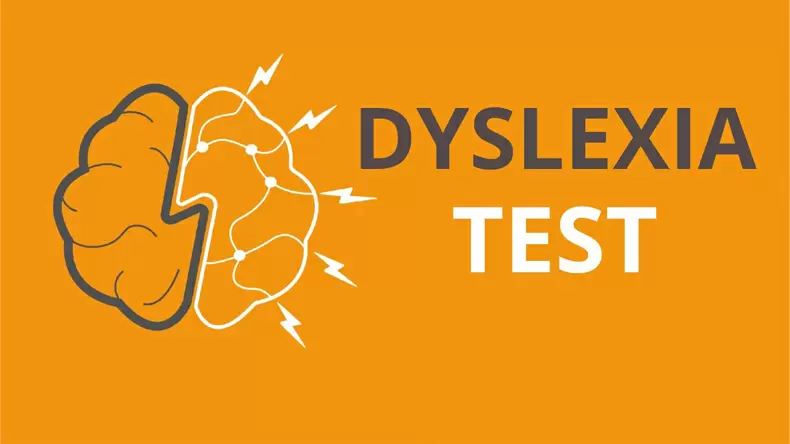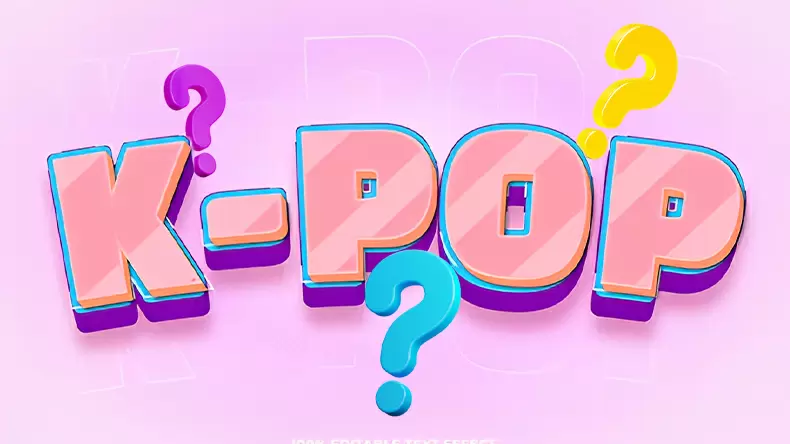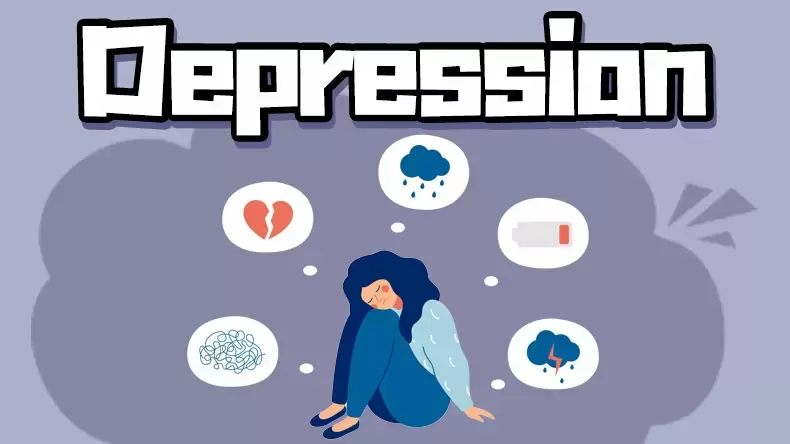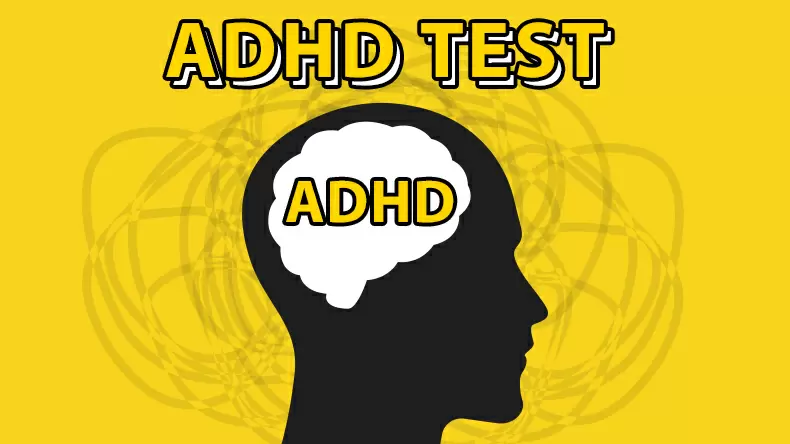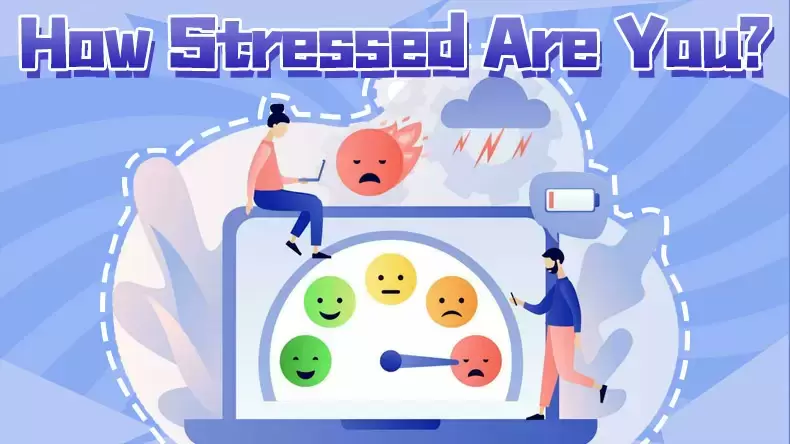Which LE SSERAFIM Member Are You? Quiz
Discover if you have dyslexia with our exclusive Dyslexia test, "Dyslexia Assessment Test: Do I Have Dyslexia?" Unveil the truth behind your reading and writing challenges. Take the test now and gain valuable insights.
What Is Dyslexia?
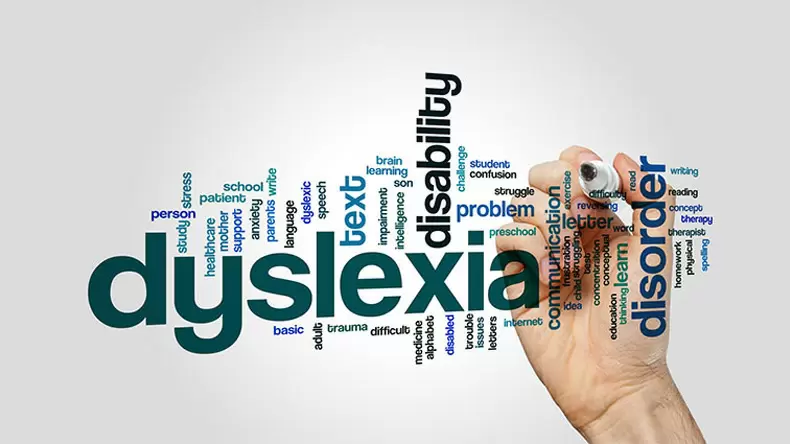
Dyslexia is a learning disorder that affects the ability to read, write, and spell. It is estimated to affect about 10% of the population, making it one of the most common learning disabilities.
Here are some key points about dyslexia and its associated syndromes:
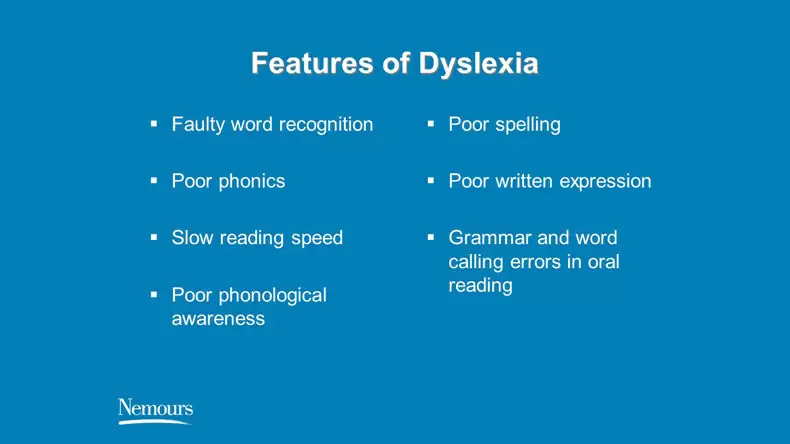
1. Reading difficulties: Dyslexia primarily manifests as difficulties in reading accurately and fluently. Individuals with dyslexia may struggle with decoding words, recognizing sight words, and understanding unfamiliar vocabulary.
2. Writing and spelling challenges: Dyslexia also affects writing and spelling skills. People with dyslexia may have trouble organizing their thoughts on paper and struggle with spelling, grammar, and punctuation.
3. Phonological processing issues: One of the underlying causes of dyslexia is a difficulty with phonological processing. Phonemes, the smallest units of sound in language, are not processed effectively by the brain, making it challenging for individuals with dyslexia to associate sounds with written symbols.
4. Visual processing difficulties: Dyslexia can also involve visual processing issues. Visual processing dyslexia refers to difficulties in processing and recognizing visual symbols, such as letters, words, or numbers. This can lead to letter or word reversals, difficulty with visual tracking, and problems with visual memory.
5. Working memory deficits: Many individuals with dyslexia may have working memory deficits, making it harder to remember and process information in real-time. This can affect reading comprehension and the ability to retain instructions or complete multi-step tasks.
6. Co-occurring conditions: Dyslexia often co-occurs with other learning disabilities or conditions, such as ADHD (Attention-Deficit/Hyperactivity Disorder), dyscalculia (difficulty with math), and dysgraphia (difficulty with writing).
7. Social and emotional implications: Dyslexia can impact a person's self-esteem, leading to feelings of frustration, embarrassment, or anxiety. Without proper support and intervention, individuals with dyslexia may experience academic challenges, limited educational opportunities, and decreased confidence.
8. Lifelong condition: Dyslexia is a neurodevelopmental disorder, meaning that it persists throughout a person's life. However, with appropriate interventions, accommodations, and support, individuals with dyslexia can learn to overcome many of the challenges associated with the condition.
It is important to note that dyslexia is a highly variable condition, and its symptoms and severity can vary from person to person. Early identification, intervention, and tailored educational strategies are crucial in helping individuals with dyslexia reach their full potential.
We are pleased to introduce our Dyslexia quiz, "Dyslexia Assessment Test: Do I Have Dyslexia." This free online Dyslexia test aims to provide individuals with a better understanding of their potential dyslexia condition. By answering a series of carefully designed questions, participants will gain insights into their reading, writing, and spelling abilities, allowing them to assess whether further evaluation or support may be necessary.